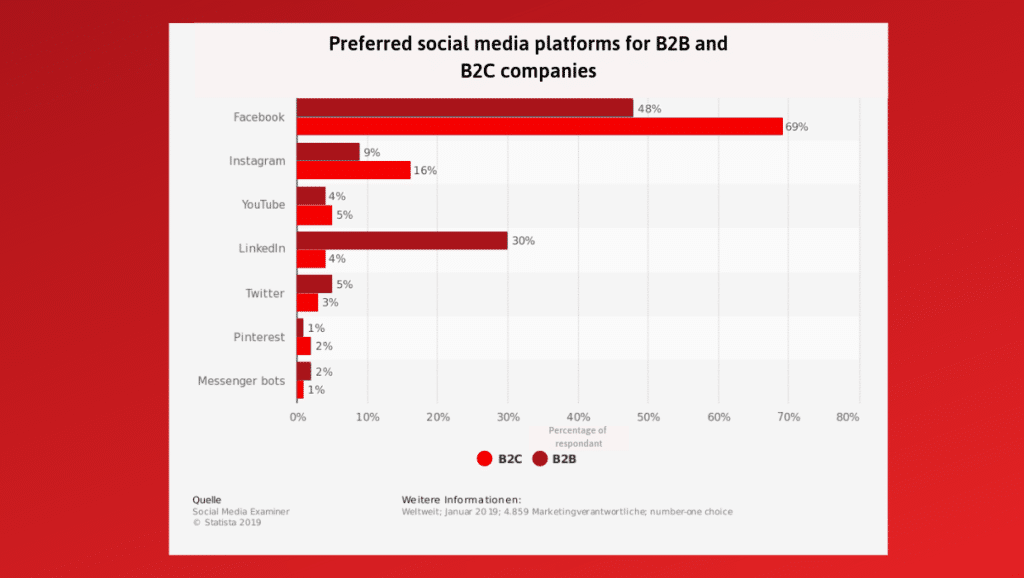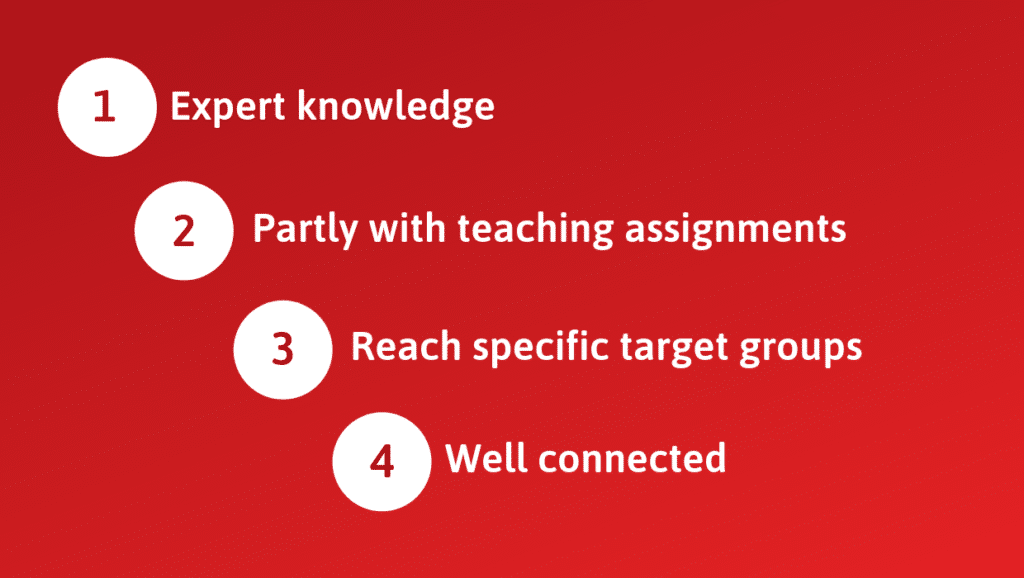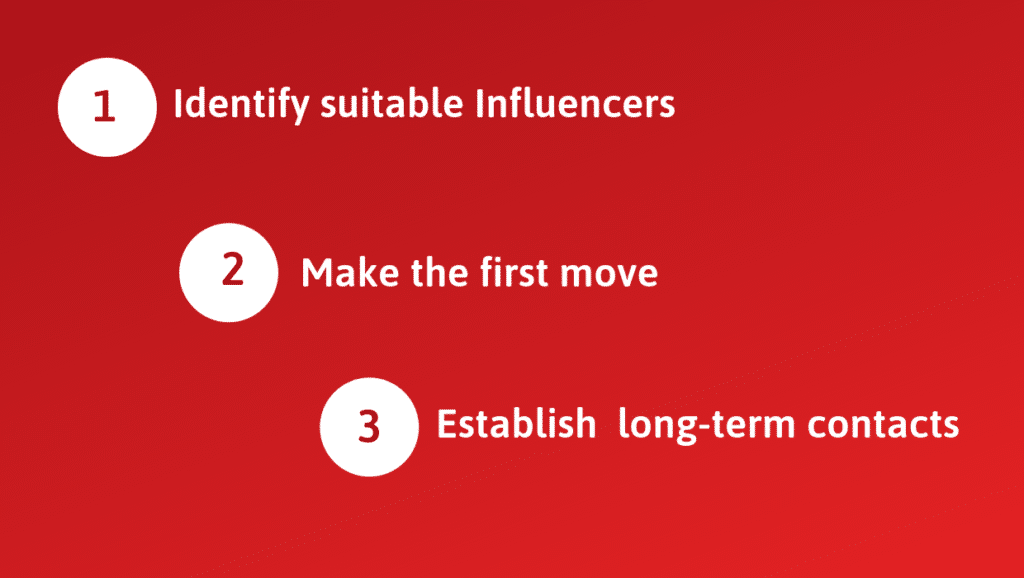
Our guide for B2B influencer marketing
PR & Marketing
Posted 19 Jun 2019
In digital marketing, the cooperation with influencers is common practice in the B2C sector: Well-known personalities use social media platforms to advertise products, restaurants/bars, hotels or even travel destinations. Due to the success of the concept, B2B companies are increasingly interested in influencer marketing and its numerous advantages as well.
Read our ultimate guide to Instagram Marketing here.
The aim of influencer marketing, on the one hand, is to ensure that the influencer is authentic and convinced of the product and its quality. The goal of the marketer, on the other hand, is to increase the attention for the brand or product. There are already initial differences between B2B and classic B2C influencers. In the B2C sector, it is all about the provision and review of a product, whereas it is a lively exchange of knowledge regarding the work with B2B influencers. Differences can also be found in the preferred social media platforms. Influencers on YouTube and Instagram are mostly engaged in consumer marketing, while B2B influencers are more likely to be found on LinkedIn and Twitter.


B2B influencers have expert knowledge and are seen as a credible source by decision-makers and stakeholders. Influencers gain the above-mentioned authenticity through long-term, partly scientific involvement with their field. For example, educational influencers (e.g. professors) have a teaching position and pass on their knowledge to the next generation of managers. Similar to B2C influencers, their messages, e.g. via podcasts, are also heard by people who are difficult to reach with classical PR work. B2B influencers are well connected in the industry and enable contact with other potential influencers. We show which steps are necessary for a successful cooperation between companies and influencers.
The first step is to clearly define the discourse and the goals to be pursued in the cooperation. The larger the company, the more diverse the topics of the different departments. But especially at the beginning, a spreading loss has to be avoided. For this reason, the right influencers must first be identified and you should focus on one or two key topics. Once this has been done, the search for suitable influencers can begin.
IMPORTANT: What information and exclusive insights can my company spokesperson provide on the topic? Influencers must not outshine their own experts with specialist knowledge!
The second step is to build a deeper relationship. Every B2B influencer should receive the information that is relevant for him/her – there is no universal method here. In order to find interesting topics for the respective person, that means: research! Take a look at their social media channels: What do they currently work on? In the scope of which events do they appear? Which focus topics can be found on their websites?
For the first contact via e-mail or telephone, compile specific information. Think carefully about how you want to introduce yourself and the company or topic and also ask openly whether this is a suitable topic and what is driving the influencer in this area/industry right now. In the B2B sector, influencer marketing is a give and take, i.e. a constant exchange of knowledge. Invite the contact person to a personal meeting with your company expert in the respective field. Offer insights into production or meet at an industry event.
The first contact is not the end of the story. With Influencer Marketing in the B2B sector, you can also place paid advertising, for example by booking a speaker for an event or having a paid guest commentary written. The motto is to use the momentum and plan further activities for the future.
A long-term goal of the cooperation is the development of an interesting exchange of knowledge on a trustworthy basis. On the grounds of mutual trust, the influencers will take the opportunity to cite the company as a good example and possibly mention it in an article – on their own initiative. How can this be achieved? Support the influencers to the extent you would wish for yourself. Follow the influencers on their social media channels, subscribe to the newsletters, follow their blogs, share posts. Just like writing comments under articles, these activities are free, but they give important feedback and attract attention. Meet at events, share knowledge, link them in your own articles.

Influencer marketing in the B2B area is a give and take and can only happen on the basis of trusting cooperation. Only those who are willing to invest time and knowledge have the chance to gain a foothold outside the company’s own world and convince industry influencers. Depending on the culture and industry, this can be a path that can only be pursued in small steps, but is always worthwhile in the end.